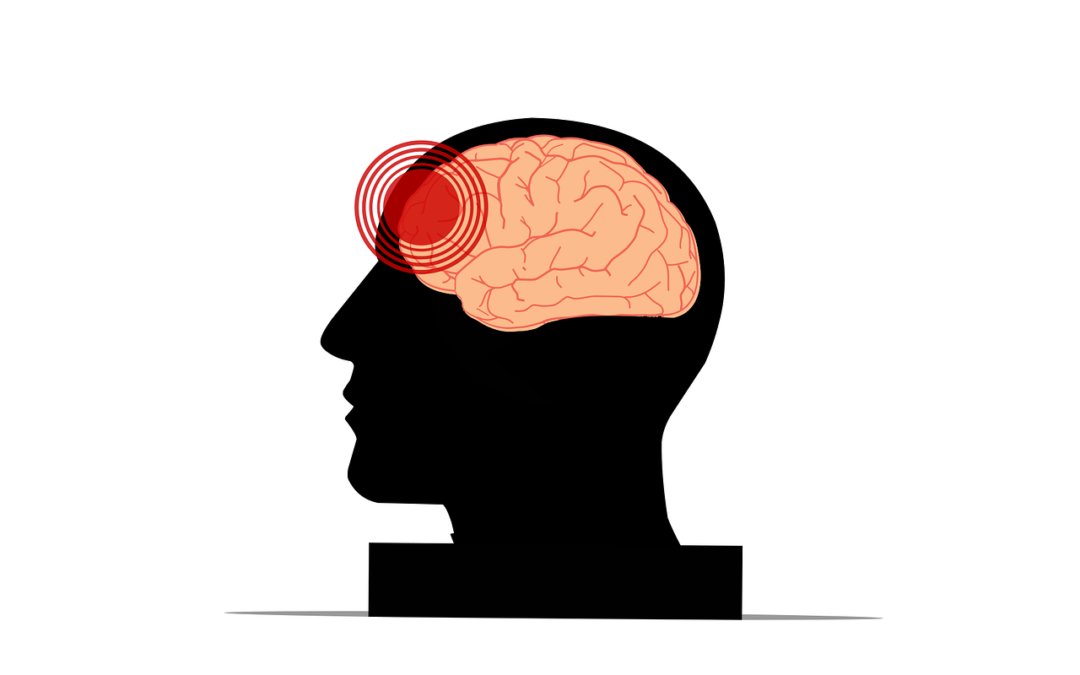A concussion is a type of mild traumatic brain injury (mTBI). Although typically not immediately life-threatening, concussions are considered very serious injuries and should be treated right away by a doctor. Someone suffering from a concussion can experience long-lasting effects that impact their cognitive function, including their memory, attention, or speech.
Though many people sustain concussions due to sports or other recreational activities — between one and three million, according to the CDC — many more go undiagnosed. With the impacts that this type of mild traumatic brain injury can have on a person’s long-term cognitive and physical health, it’s important to seek out a diagnosis for a concussion if you have sustained a serious head injury.
Continue reading to learn more about the diagnostic procedures for a concussion, what happens if a concussion isn’t diagnosed properly, and where to find comprehensive concussion treatment.
Concussion diagnostic procedures
Diagnosing a concussion isn’t always easy. These types of mild traumatic brain injuries cause microscopic deficits that are difficult to analyze. Though brain imaging studies like CT and MRI scans can identify structural damage, these tests rarely provide significant data that helps doctors diagnose the long-term cognitive damage of a concussion.
Since concussion symptoms vary, it’s important to share any unusual effects you’re feeling with your doctor. Be sure to report key information about how the head injury occurred and the location of the injury. This will help your doctor diagnose and treat your concussion.
In the past, concussions were treated with a simple regimen of rest. However, studies indicate the long-term effects of mTBIs include serious repercussions on a patient’s cognitive processing and executive function. More comprehensive concussion treatment and cognitive brain therapy options are available for remediating cognitive dysfunction due to brain injury.
What happens if a concussion isn’t diagnosed properly?
Concussions that go undiagnosed can leave an even bigger impact on the individual’s mind and body. In the initial weeks to months after injury, an undiagnosed brain injury patient could develop post-concussive syndrome. Symptoms of post-concussive syndrome include headaches, dizziness, drowsiness, fatigue, mood swings or sudden changes in personality, and problems with memory and concentration.
If a concussion goes undiagnosed and the patient sustains another head injury before the first one is treated properly, they may also incur second impact syndrome. This causes severe, sometimes fatal, swelling of the brain. Though second impact syndrome is most likely to occur during a high-impact sport, any person who has sustained a mild TBI should remain cautious of this life-threatening condition.
Concussion Treatment Center
It’s important to get the right care and treatment for mild to acute brain injury symptoms. Be sure to look for the signs of a concussion and seek medical attention right away if you’ve sustained a serious brain injury.
Long-term concussion care and cognitive remediation can be achieved through The Hartman Center’s specialized Brain Training program. Contact our team today to find out how we can help.
